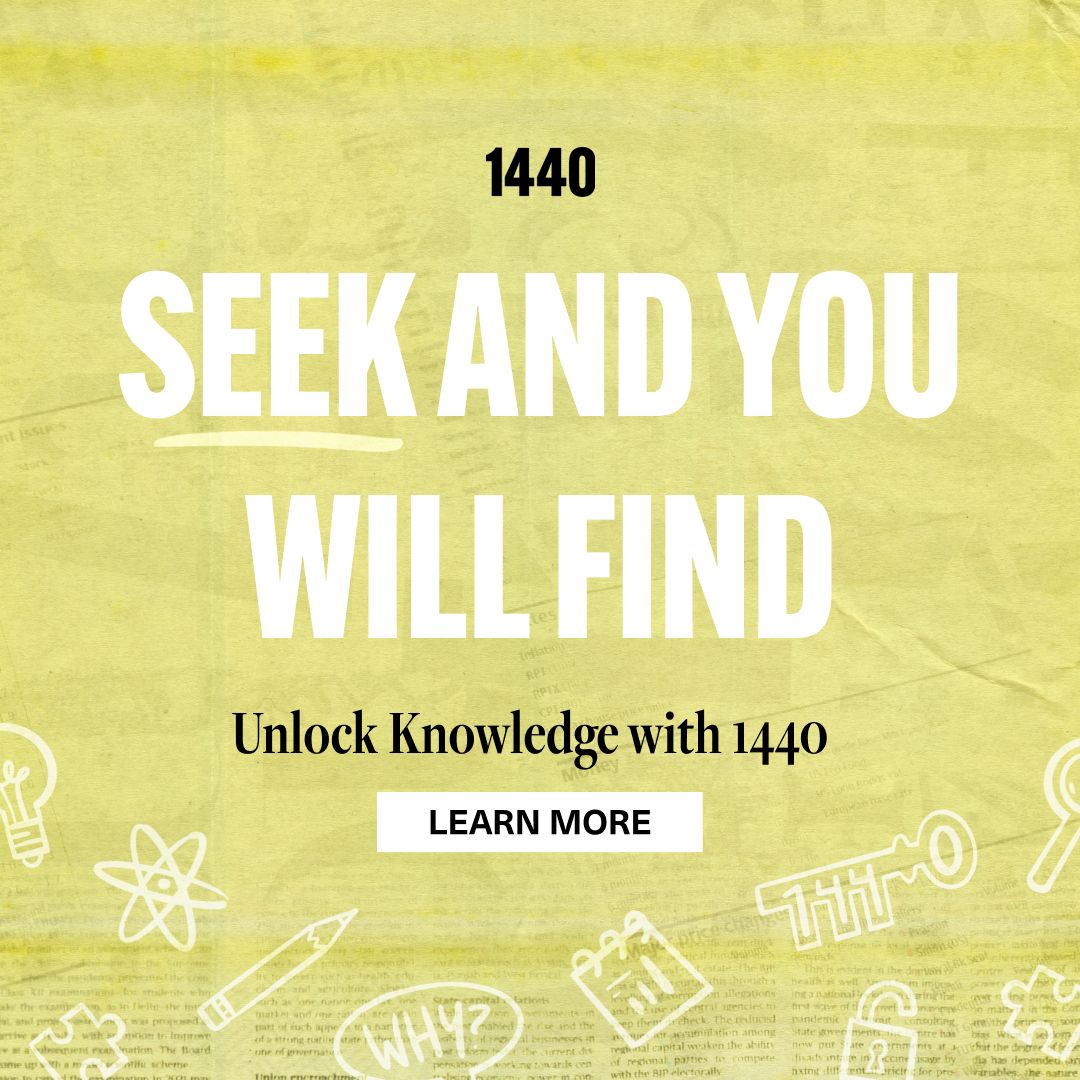- 66.1
- Posts
- Better than a pill: the ultimate treatment for high blood pressure
Better than a pill: the ultimate treatment for high blood pressure
Reduce your blood pressure by 12+ points, without medications
Receive Honest News Today
Join over 4 million Americans who start their day with 1440 – your daily digest for unbiased, fact-centric news. From politics to sports, we cover it all by analyzing over 100 sources. Our concise, 5-minute read lands in your inbox each morning at no cost. Experience news without the noise; let 1440 help you make up your own mind. Sign up now and invite your friends and family to be part of the informed.
Read time: 8 minutes
Good afternoon, 66.1ers.
Before we dive in, I wanted to share with you all a publication that’s been helping me lately:
My friend Thom writes Work From Home Dads, which targets dads but has valuable insights on health, time management, and productivity for anyone—whether you’re working from home or in the office.
Check out Thom’s 5-day email course here for free.
Setting the Scene:
This one came about because I’ve been paying extra close attention to my blood pressure this summer. You see, genetics aren’t exactly on my side: I have numerous relatives who have died of heart disease, and high blood pressure is the norm in my family.
Personally, my blood pressure tends to spike pretty quickly when I’m stressed or haven’t been getting my sleep. And if you’ve been following along for a while, you probably know that I’m not a fan of medications unless they’re truly necessary.
So I’ve been experimenting with how to manage my blood pressure without medications. And over a beer with a friend the other day, we found that we’re both prone to high blood pressure. If there’s two of us, I suspect there are more. Hopefully this helps someone out there navigating their own blood pressure + stress challenge.
What I’ve found?
You can read to the end to find out 🙂
First, let’s tackle a conversation that’s overdue for many of us: the relationship between stress and high blood pressure.
Why high blood pressure is an issue
I’m not sure I ever had a doctor actually take the time to explain why high blood pressure is bad. The way it’s presented is that one day, you’re going to drop over dead from a heart attack because your blood pressure.
While that’s a possibility, it’s not all that likely. More likely is that you’ll suffer a slow, preventable demise that’s accelerated by your high blood pressure.
The NHANES III Linked Mortality Study provided the precise statistical framework for understanding exactly how dangerous uncontrolled hypertension becomes over time. Following nearly 14,000 adults for 19 years, researchers found that people with treated but uncontrolled hypertension faced a 162% increased risk of all-cause mortality and a staggering 301% increased risk of stroke death compared to those with normal blood pressure.

The study's most important insight was the complete reversal of risk with proper control: treated and controlled hypertensive patients showed no significantly increased mortality risk compared to people who never had high blood pressure. In other words, someone who has high blood pressure but treats and corrects it is on track to live just as long as someone with healthy blood pressure.
The research revealed specific hazard ratios that quantify the stakes: untreated hypertension carried a 177% increased cardiovascular death risk, while treated but uncontrolled hypertension was even more dangerous at 223% increased risk.
How stress affects blood pressure
A 2023 systematic review by Walther and Wirtz decoded the mechanisms through which stress transforms into sustained high blood pressure. Their analysis of 58 studies revealed that people prone to hypertension show extreme responses across three critical biological systems: the sympathetic nervous system (releasing adrenaline), the HPA axis (releasing cortisol), and the kidney's blood pressure regulation system.

Stress triggers a biological cascade beginning instantly and potentially lasting years. During acute stress, the sympathetic nervous system floods the body with norepinephrine and epinephrine, which narrow blood vessels and accelerate heart rate. Simultaneously, cortisol is released, which enhances sodium retention and suppresses the body's natural blood vessel relaxation mechanisms.
Most critically, the study revealed why some people develop chronic hypertension while others recover normally: hypertensive individuals show exaggerated responses to mental stress that persist long after the stressor disappears. Their blood pressure reactivity during cognitive tasks, public speaking, or daily hassles predicts future cardiovascular events. This hyperreactivity appears to "train" the cardiovascular system toward permanently elevated pressure.
Ok. That was a lot. I did my best to get rid of the big words, but medicine as a field really likes big words.
TLDR: stress causes high blood pressure. That’s not bad in and of itself (it allows increased blood flow if you’re evading a physical threat), but it becomes a problem when you’re chronically stressed and thus have chronic hypertension.
So…we need to address the mental stress that’s everywhere in the world so we don’t end up with chronic hypertension.
Keep reading to find out how?
Mindfulness achieves clinically meaningful blood pressure reductions
A 2024 study by Chen and colleagues provided definitive evidence that mindfulness-based interventions produce clinically significant blood pressure reductions comparable to many medications. Analyzing 12 randomized controlled trials with 715 participants, researchers found that 8-week mindfulness programs reduced systolic blood pressure by 9.12 mmHg and diastolic pressure by 5.66 mmHg.




Reply